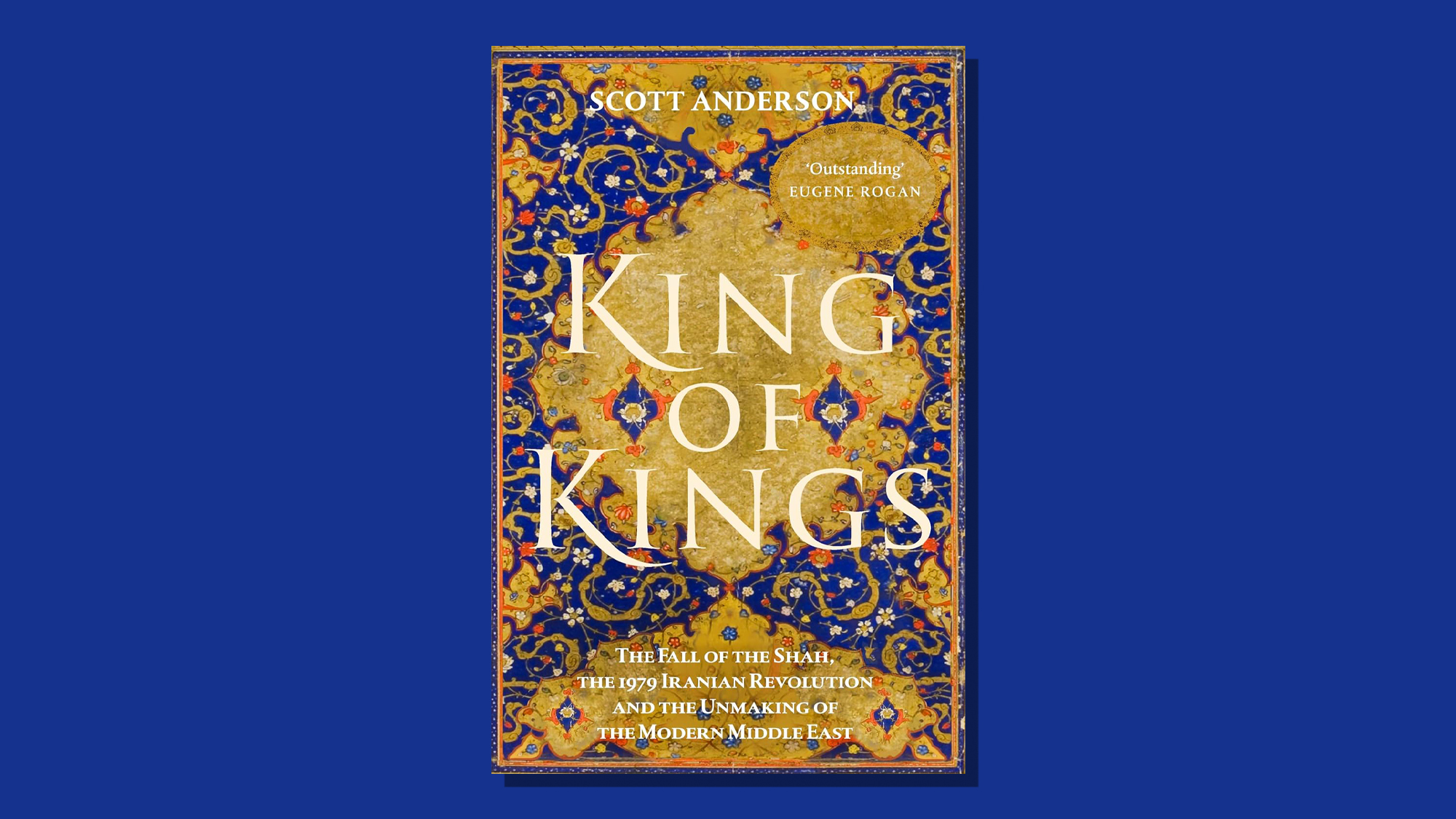King of Kings: 'excellent' book examines Iran's 1979 revolution and its global impacts
Scott Anderson 'easily and elegantly' paints a picture of Iran's history

A free daily email with the biggest news stories of the day – and the best features from TheWeek.com
You are now subscribed
Your newsletter sign-up was successful
The Islamic Revolution of 1979, which toppled Iran's Shah, Mohammad Reza Pahlavi, was one of the most significant political events of the past 50 years, said Charlie Gammell in the Financial Times.
It transformed Iran from a "hyper-rich, secular-leaning" kingdom "allied to the West" into the "dour, repressive Islamist autocracy we know today". And as well as reshaping the Middle East, it ultimately brought "politically motivated Islamist violence to all our streets".
How strange, then, that "no one in power saw it coming until it was too late": not the CIA, not US president Jimmy Carter (who in 1977 praised Iran as an "island of stability"), and certainly not the Shah himself. In this "brilliant" book, the war correspondent and novelist Scott Anderson tells the story of the Revolution.
The Week
Escape your echo chamber. Get the facts behind the news, plus analysis from multiple perspectives.

Sign up for The Week's Free Newsletters
From our morning news briefing to a weekly Good News Newsletter, get the best of The Week delivered directly to your inbox.
From our morning news briefing to a weekly Good News Newsletter, get the best of The Week delivered directly to your inbox.
Drawing on interviews with many key players – including the Shah's 86-year-old widow, Farah Pahlavi in who now lives in the US – the book helps elucidate the "blood-soaked rivalries that drive conflict in the Middle East today".
Some accounts of the Iranian Revolution "do not bother overly with the deeper history of the country", said Jason Burke in The Spectator. Anderson does, "easily and elegantly" sketching the background, including the "rotten Qajar dynasty", which ruled Iran from 1789 to 1925, and the reign of Reza Shah Pahlavi, whom the British deposed during the Second World War.
That brought his son, Mohammad, to power, said Richard Overy in The Telegraph. Bolstered by money and arms from the US (for whom Iran was a bulwark against communism and a source of oil), he embarked on a "grandiose programme of modernisation". But while this benefited Iran's wealthy elite, it alienated many traditionally minded Iranians.
And for a figurehead, those people increasingly turned to the exiled cleric Ayatollah Khomeini, said John Simpson in The Guardian. Having long been an exile in neighbouring Iraq, he was thrown out by Saddam Hussein in 1978, and took refuge in a village near Paris – where the world's press could interview him "whenever they wanted", with every word "beamed back to Iran".
A free daily email with the biggest news stories of the day – and the best features from TheWeek.com
On 16 January 1979, facing escalating protests and military defections, the Shah and his family fled to Egypt. Two weeks later, Khomeini returned to Iran and rapidly established a theocracy. Anderson's book "suffers", as American accounts often do, "from concentrating on the Iran-US relationship to the virtual exclusion of any other". Still, it gives a "thorough overview" of an event whose aftershocks the "world is still experiencing".